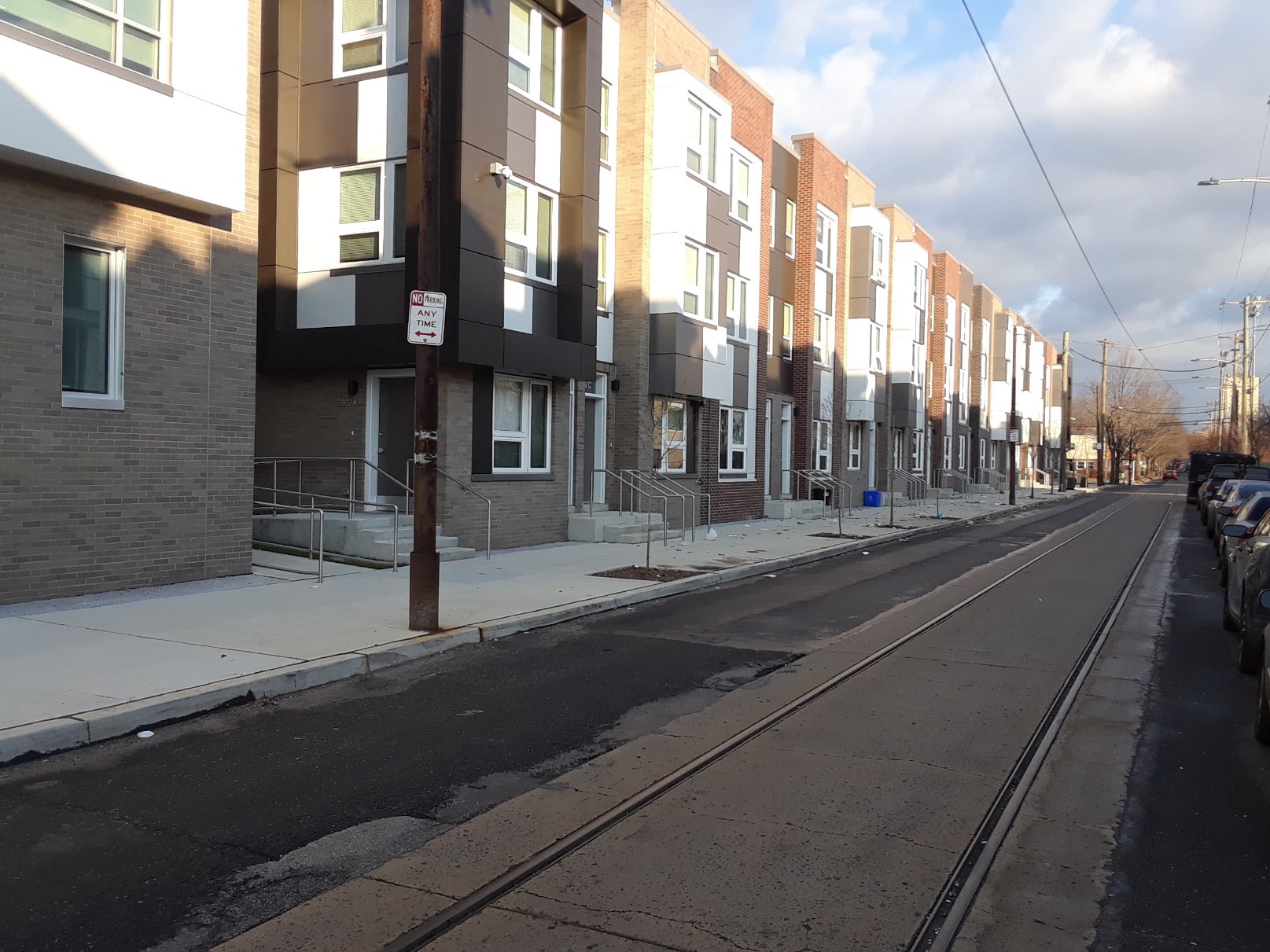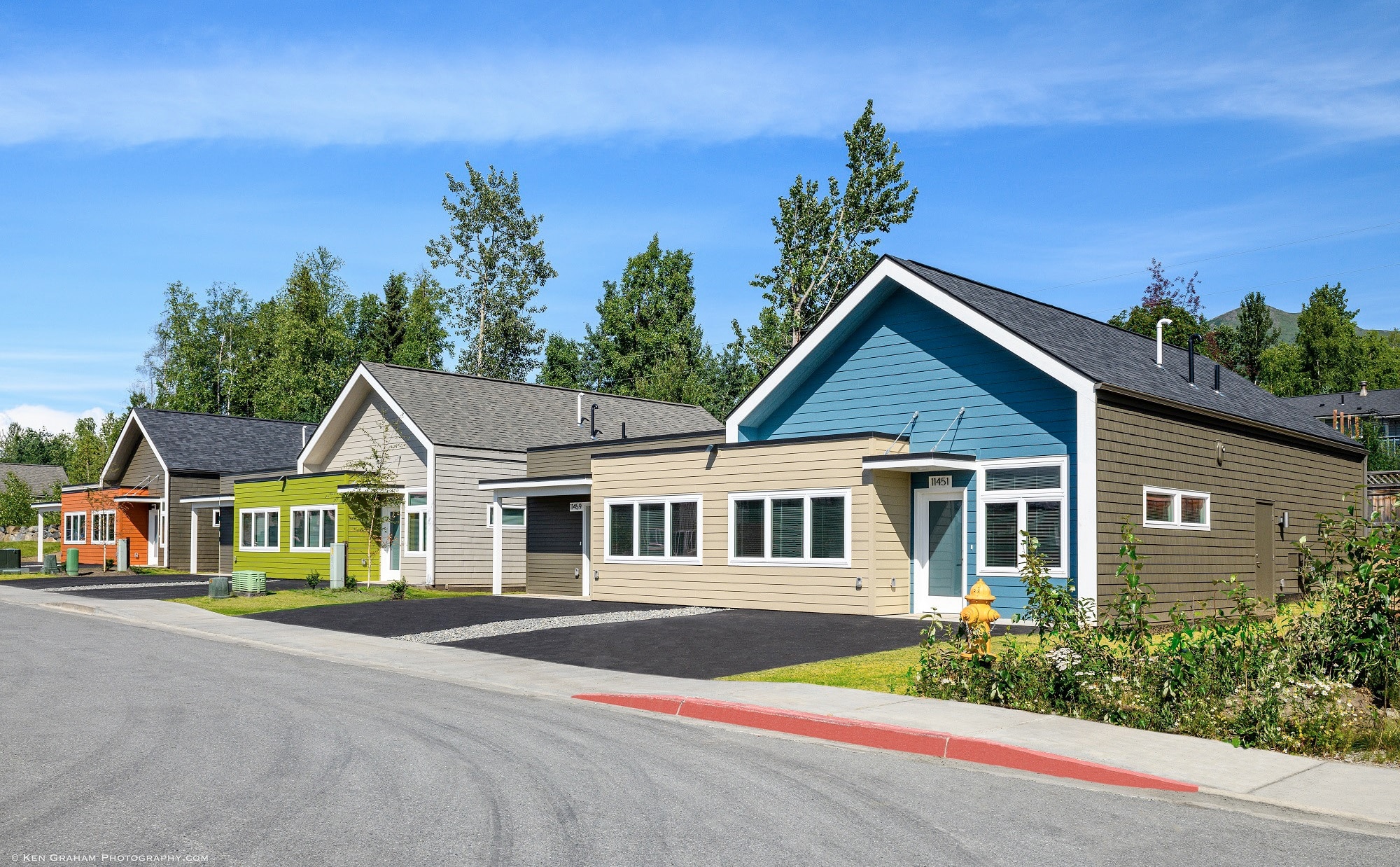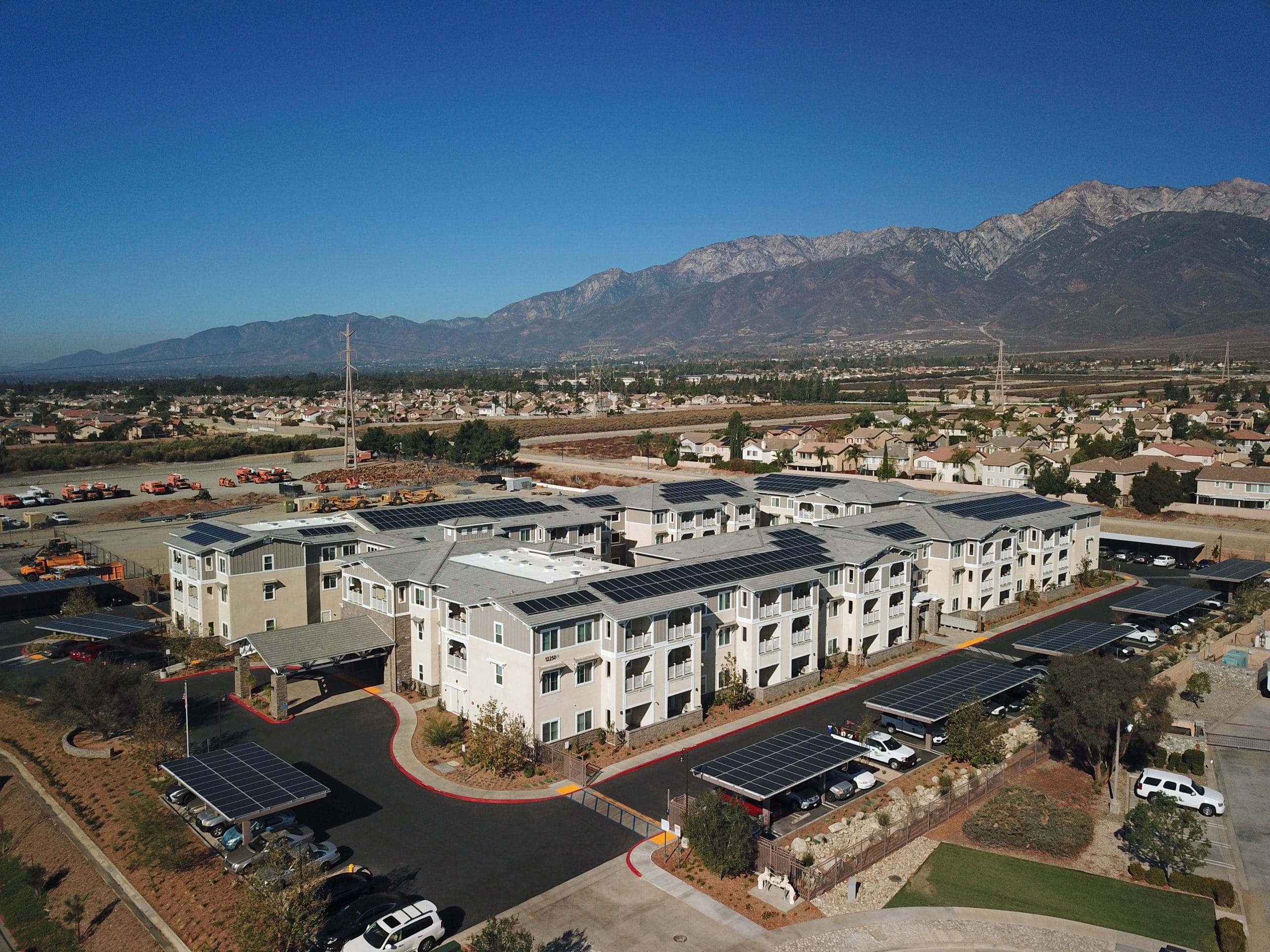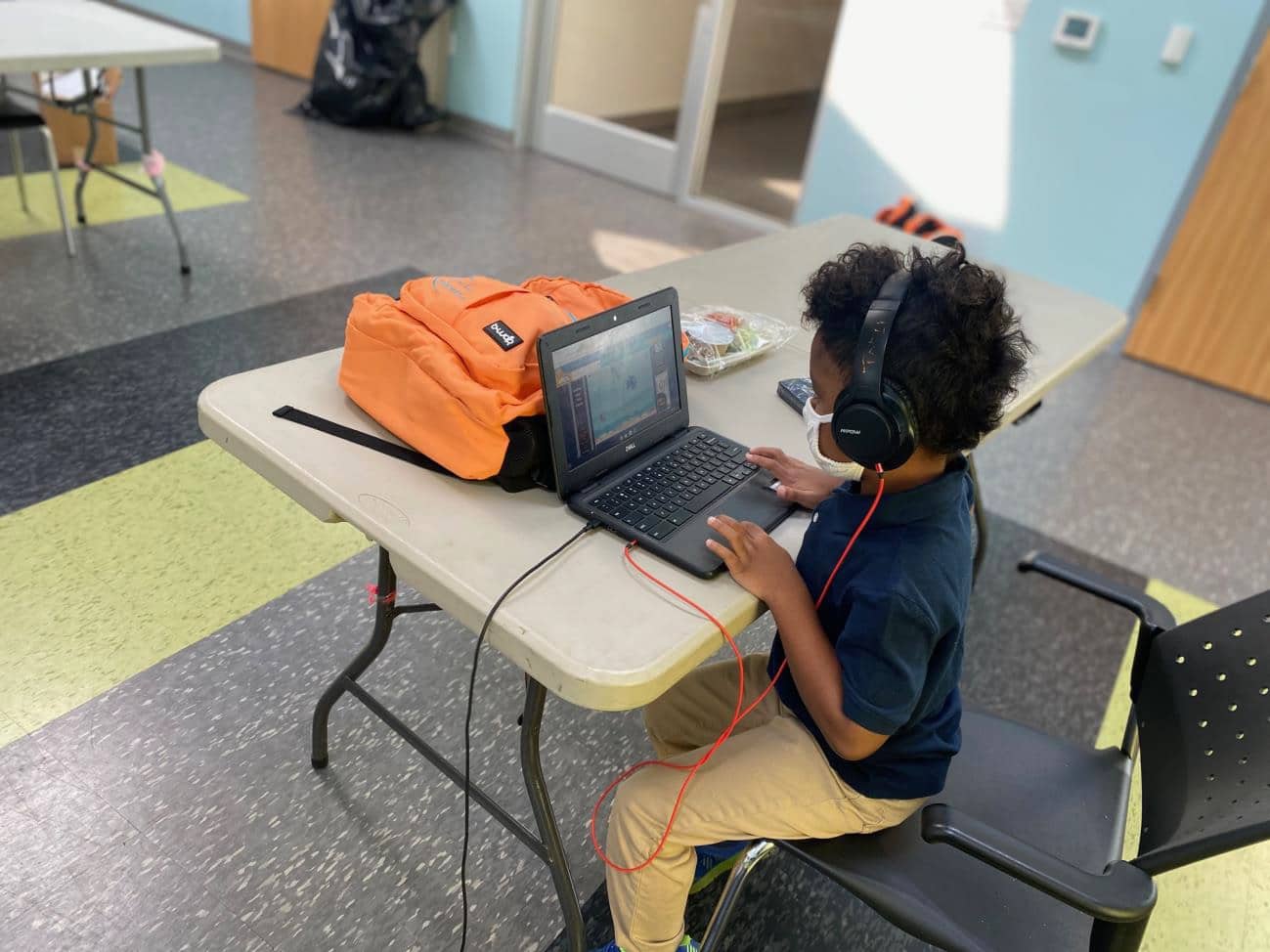2022 Legislative & Regulatory Agenda
Housing All Americans in Strong + Vibrant Communities
For more than 85 years, the National Association of Housing and Redevelopment Officials (NAHRO) has represented the needs and interests of individuals and organizations working in the housing and community development field. Made up of more than 19,500 housing and community development providers, professionals, and volunteers, NAHRO’s members ensure that communities across the country have access to safe, secure, affordable housing in strong, vibrant communities. Housing is a cornerstone for everyone, and NAHRO members administer more than 3 million homes for approximately 8 million people. Our members lift up their communities and provide critical stability and support for low-income families. To help our members do this work, we must invest in our nation’s affordable housing and community development programs to ensure future generations have the opportunity to thrive and succeed.
NAHRO PRIORITIES

Funding Requests

Preserve and Develop the Affordable Housing Stock
NAHRO’s members work hard to provide safe, affordable housing for families, elderly households, and persons with disabilities. The nation faces severe housing problems including skyrocketing rents, increasing housing inflation, and a lack of supply. This makes it increasingly difficult for families to find an affordable home. Congress must lower these housing costs by making significant investments in the nation’s housing stock to meet the growing demand for more affordable housing. Existing housing developments must be preserved to safeguard deeply affordable housing units for future generations. This requires ensuring that all housing is resilient, sustainable, and secure. This also requires improvements to LIHTC so more housing and redevelopment agencies can use this critical resource.
- Provide at least $70 billion in funding to fill the Public Housing Capital Fund backlog.
- Fully fund the Public Housing Capital and Operating Funds annually.
- Maximize existing housing preservation and redevelopment by making repositioning options (Rental Assistance Demonstration, Section 18, Voluntary Conversion) available to all public housing agencies (PHAs) that voluntarily want to use them.
- Strengthen the Low-Income Housing Tax Credit (LIHTC) by increasing the annual per capita allocation by 50%, promote public housing preservation bonds that are excluded from the overall cap, and reduce the private activity bond test to 25% for the 4% Tax Credit.
- Ensure any new affordable housing development considers equity and inclusion in its design.
- Provide funding for climate-resilient approaches to development and finance.
- Expand funding for the Community Development Block Grant, HOME Investment Partnerships Program, and Homeless Assistance Grants.

Provide Access to Affordable Housing to All Low-Income Families
Congress should work to ensure all eligible families receive housing assistance. Expanding the HCV program to everyone who is eligible through universal vouchers would greatly increase the number of families nationwide who would have access to affordable housing. Congress must fully fund administrative fees for PHAs operating HCV programs to ensure low-income families can find housing in tight rental markets nationwide. This will require ensuring accurate fair market rents to reflect rental increases. Fully funding Performance-Based Contract Administrators (PBCAs) is also critical to ensure families have access to affordable housing. NAHRO is proud to support our nation’s PBCAs who work to protect residents living in Project-Based Section 8-supported housing.
- Fully fund the Housing Choice Voucher (HCV) program and expand assistance through universal vouchers so that all who currently qualify for a voucher can receive one.
- Fully fund HCV administrative fees to ensure PHAs can help their residents find safe, secure housing in extremely tight rental markets across the country.
- Advocate for full renewal of Project-Based Rental Assistance (PBRA) funding and support housing agencies serving as Performance-Based Contract Administrators (PBCAs).
- Ensure all families have access to neighborhoods of opportunity through mobility programs and Enhanced Payment Standards.
- Continue to improve the accuracy of fair market rents (FMRs).
- Create a source-of-income discrimination law that would prohibit landlords from refusing to rent to voucher holders.

Protect Flexibilities for Housing and Community Development Agencies to Meet Local Needs
NAHRO members understand the complex and unique circumstances facing their localities. This means that PHAs and other housing and community development agencies are best suited to create policies and run programs that help their communities. PHAs provide residents with the security and resources they need to achieve self-sufficiency and economic mobility. HUD and Congress should provide regulatory and statutory flexibilities to PHAs, like those provided during the pandemic, sot hat PHAs and other agencies are able to serve their local communities quickly and effectively. HUD must also ensure that the Annual Contributions Contract (ACC) remains a mutually agreed-upon contract between the federal government and PHAs. Further, many PHAs are facing unforeseen circumstances directly related to the pandemic that may impact their Public Housing Assessment System (PHAS) and Section 8 Management Assessment Program (SEMAP) scoring. To address this, HUD should suspend PHAS and SEMAP scoring for FY2022, while restarting inspections to ensure units are safe. With the increase in climate disasters faced by communities year over year, localities must also be able to plan accordingly to ensure their residents and developments can respond to climate change.
- Expand and enhance programs and funding that increase self-sufficiency and stability for low-income families including the Family Self-Sufficiency (FSS) Program and programs that help homeless households find and maintain safe housing.
- Help housing agencies return to normal post-pandemic by providing relief for Public Housing Assessment System (PHAS) and Section 8 Management Assessment Program (SEMAP) scores when agencies face unforeseen consequences outside of their control.
- Allow local housing providers to nimbly respond to evolving local circumstances facing their unique communities through expanded statutory and regulatory flexibilities.
- Create a workable Affirmatively Furthering Fair Housing policy that does not penalize entities on impediments outside of their control, considers funding deficits faced by PHAs, and strikes a balance between place-based solutions and mobility.
- Provide adequate funding for climate resilient planning, design, and recovery before and after natural disasters strike.
- Ensure the Annual Contributions Contract (ACC) remains a contract between HUD and PHAs with no unilateral changes made without HUD and PHA approval.

Promote Timely Appropriations
Congress should provide full funding, though regular Congressional order, of affordable housing and community development programs to maximize the potential of all Americans and meet the needs of the nation’s communities. It is incredibly difficult for housing and community development agencies to provide access to safe, secure housing when they are not certain what their funding will be in a certain year. This uncertainty impacts the public housing program, voucher utilization, and delays funding from important programs like the Public Housing Capital Fund, Choice Neighborhoods, and Community Development Block Grants. In a climate characterized by Congressional gridlock, it is more important than ever for Congress, HUD, and other federal agencies to function efficiently and effectively through sensible program design, regulation, and timely funding of federal programs.
- Maintain a federal commitment to housing assistance and community development by prioritizing the appropriations process to ensure that portions of the federal government, including HUD, do not shut down and can deploy housing and community development funding.
- Pass annual appropriations bills in a timely manner and do not rely on continuing resolutions to fund the government.
- Ensure common-sense improvements to federal housing and community development programs are enacted and properly implemented.